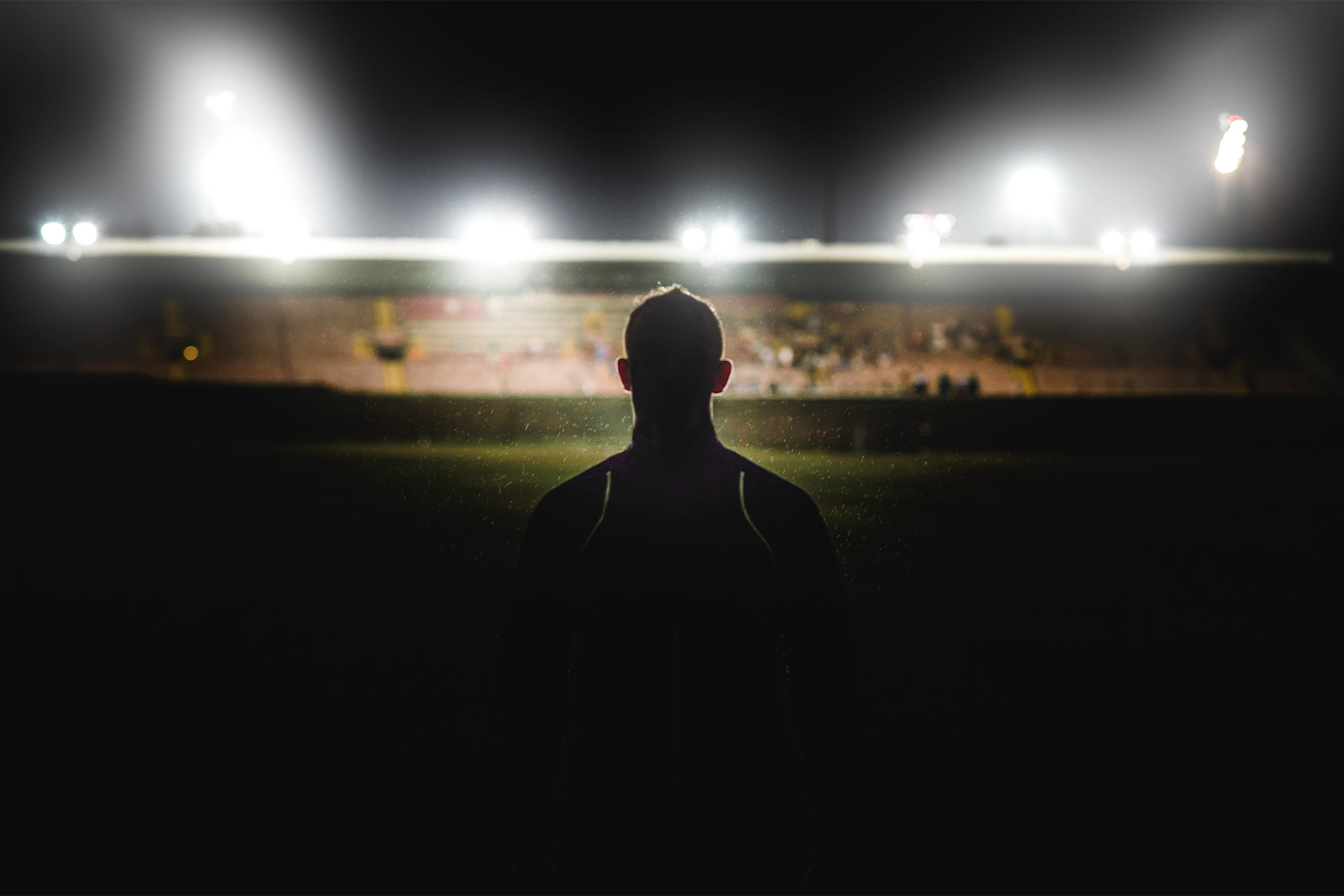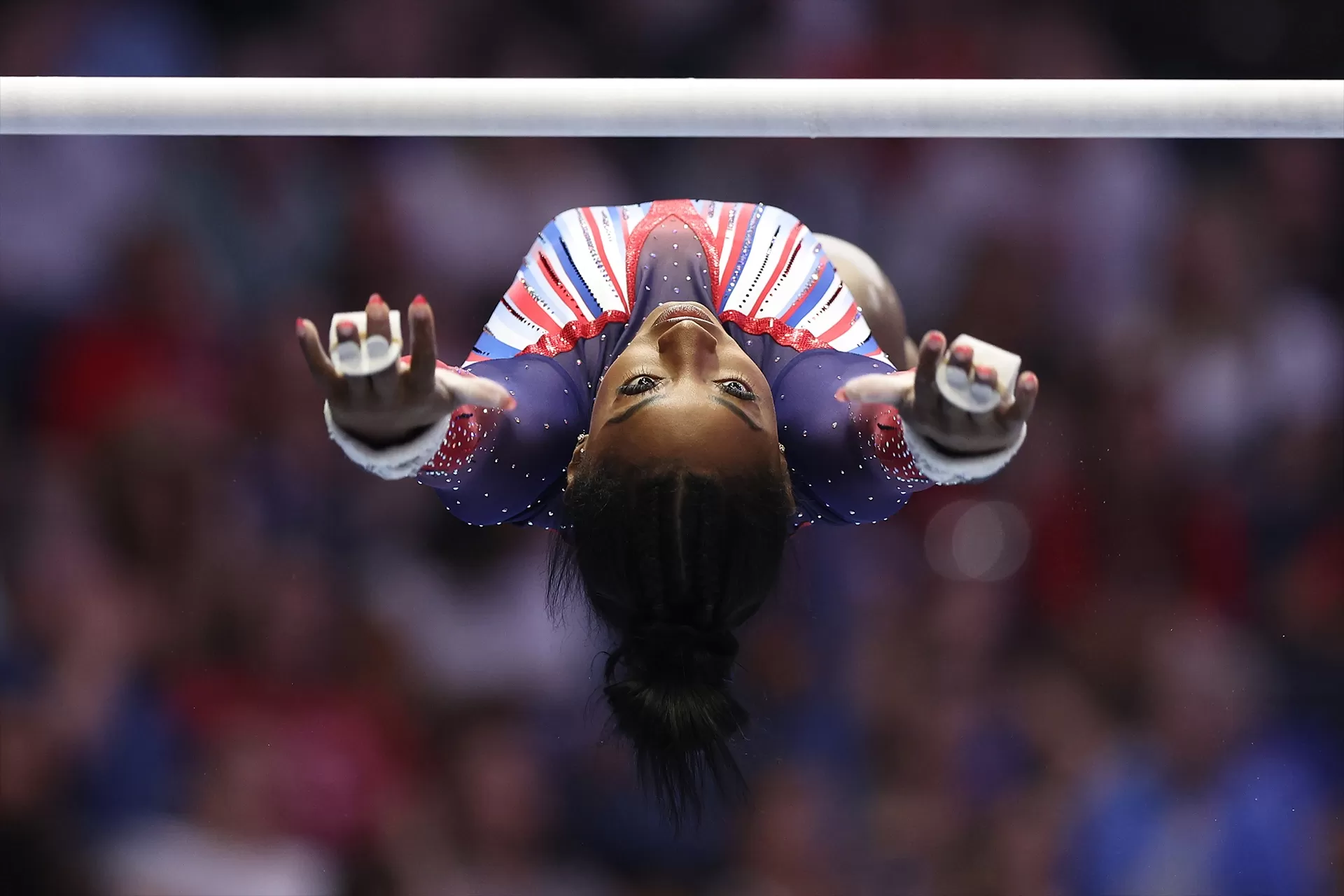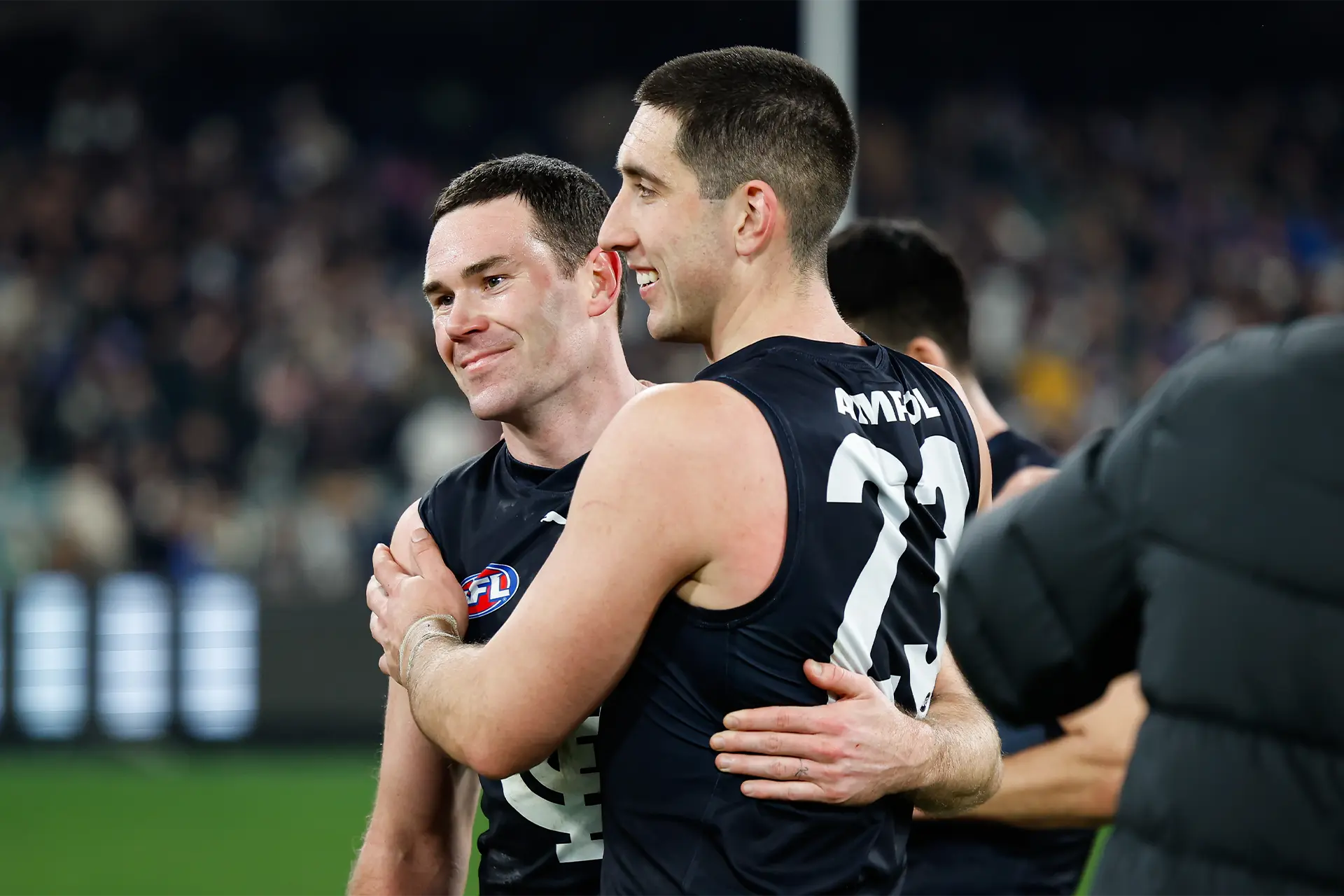
Arts & Culture
Ancient teens were full of existential angst too

Sportspeople often misuse the ancient philosophy of Stoicism as a tool for winning, but when they embrace its true meaning, it’s their humanity that shines through
Published 14 October 2025
Many athletes – as well as popstars, world leaders and entrepreneurs – flock to lessons from Stoicism.
Stoicism originated in ancient Athens, where it offered people a framework to build a moral character, with ethics, logic and physics at its core.

Nowadays, the philosophy is often reduced to helping people focus on what they can control when the tension rises and the going gets tough.
Some, however, are missing the point, with two contemporary misconceptions of the philosophy, coined by the philosopher Massimo Pigliucci as $toicism and Broicism, becoming widespread.
$toicism describes how people use the lessons from the Stoics to serenely win as much as possible, whether it’s money, attention or medals.
Broicism promotes hypermasculinity, mistakenly believing that suppressing emotions aligns with Stoic philosophy – as when Dylan Alcott reflected on his tennis career: “When you lost, you had to be this Stoic legend and act like everything is OK. I used to do that.”
These misconceptions are getting many in trouble. The masculine tendency to suppress emotions has been linked to depression and suicide in men, as well as a narrow emotional skillset in young boys.

Arts & Culture
Ancient teens were full of existential angst too
Athletes who show their emotions – often labelled as ‘feminine traits’ – frequently face backlash.
Stoic philosophy, however, is about the opposite of the goals described above. It is not concerned about winning medals or Grand Finals, building a social media following, or promoting masculinity.
Instead, Stoicism focuses on becoming a better person according to four cardinal virtues: wisdom, courage, justice and temperance.
Pigliucci puts it more bluntly: using Stoic techniques to overcome adversity doesn’t make you a Stoic, just like doing meditation exercises doesn’t make you a Buddhist. To be a Stoic, “you have to buy into the philosophy, which means you end up completely revisiting goals and priorities in your life.”
Even in moments of pressure, the very situations that $toicism and Broicism claim to prepare us for, things often fall apart.

I have argued previously that so-called ‘hardened, stubborn men’ – the clutch players – are not ‘thriving’ or ‘excelling’ in the AFL finals, despite appearances that they perform better when it matters most. The misconceptions make us see things in pressure moments that are not there.
The opposite is also true: narratives shaped by Broicism and $toicism can overlook remarkable acts of courage and resilience.
When gymnast Simone Biles pulled out of five Olympic finals in Tokyo, media bros called her a “national embarrassment” and “a quitter” because she only won one bronze medal – falling short of the multiple golds expected – and she openly expressed her emotions while speaking about her mental health.
The funniest of them all was the Brit Piers Morgan, who tweeted: “Are ‘mental health issues’ now the go-to excuse for any poor performance in elite sport? What a joke.”
Morgan elaborated on this tweet in almost 3000 words in the Daily Mail. In the article, he argued that there was nothing brave about Biles’ decision, and he subtly hinted at what a real courageous person looks like: a middle-aged bro like himself, because he dared to call Biles out.

Health & Medicine
The precision of vision for Olympic gymnasts and divers
Let’s compare that to the pressure Biles was dealing with.
First, the social pressure on her was elite. She wanted to be an example for black and brown girls in a predominantly white sport.
And she wanted to be a voice for survivors of Larry Nassar, a doctor hired by USA Gymnastics who was sentenced to 175 years in prison for sexually abusing 300 victims.
Biles was the only survivor competing at the Olympics. “I had to come back to the sport to be a voice, to have change happen,” Biles said.
Second, Biles had developed the twisties just before the Olympics, meaning she lost all orientation during her jumps. The ground could hit her from any angle and seriously injure her – or worse, kill her.

In that turmoil, Biles managed to come back from the twisties in record time – it would normally take two weeks to return to competition, but the three-time world champion on balance beam had only one week to compete in the final in Tokyo.
Just before her routine, she took the twists out of her dismount to mitigate the risk of the twisties, and she won a bronze medal.
In her actions in Tokyo, Biles showed arguably more of the cardinal virtues of Stoic philosophy than many a bro. She connected with people struggling with mental problems by choosing her mental health over winning.
Biles showed that resilience in moments of pressure cannot be simply measured by the number of medals. Or by conforming to suffocating stereotypes, she illustrated that reaching out for help can be a powerful strategy to deal with adversity.
Beyond simply counting medals and being a ‘hardened, stubborn man’, other ‘Stoic’ behaviours emerge.

During the recent World Athletics Championships in Tokyo, Australian high jumper Eleanor Patterson – after failing to earn a medal – extended an umbrella, a shoulder and a moment of calm to a competitor who was anxiously waiting to see if she had won a medal.
As Patterson told the ABC, “It was a beautiful moment of just humanity and sportsmanship. It was so nice to be able to be there for someone through that.”
Players from the English women’s football team show, in the words of penalty researcher Geir Jordet, “humanity under pressure” by quickly meeting their teammates after a missed shot during penalty shootouts.
And in the AFL, Carlton players seem to have adopted similar acts of humanity. When Mitch McGovern missed the game-deciding shot against Collingwood in Round 21 last year, both teams flocked to one of their players.

Collingwood got around Scott Pendlebury who had just played his 400th game, but in the background of these images, an even bigger group of Carlton players had gathered around McGovern to support him.
“They got around Mitch so quickly, that it looked like we won the game,” said Ashley Hansen, assistant coach of Carlton.
These athletes show that greatness in moments of pressure can also be moments when athletes choose empathy, social connection and care.
These acts of humanity are difficult to measure in game scores or medal tallies but are arguably closer to the virtues of Stoicism.